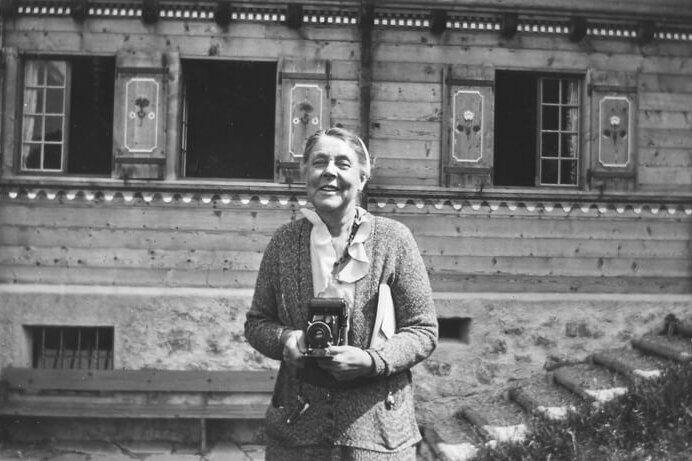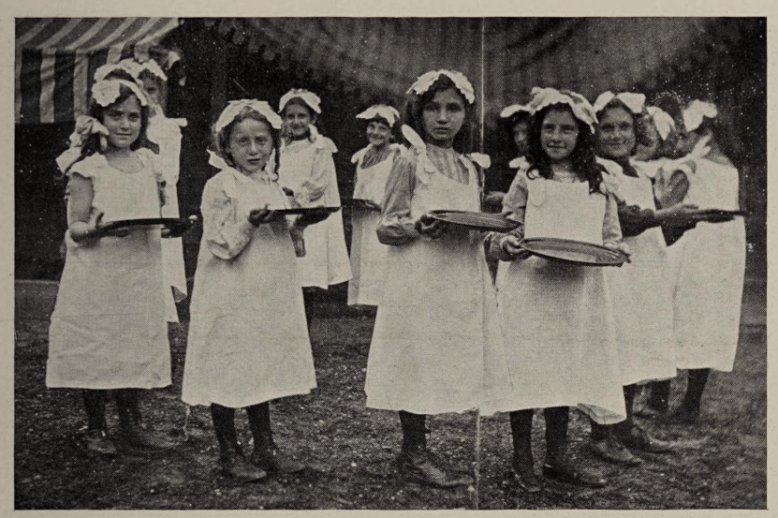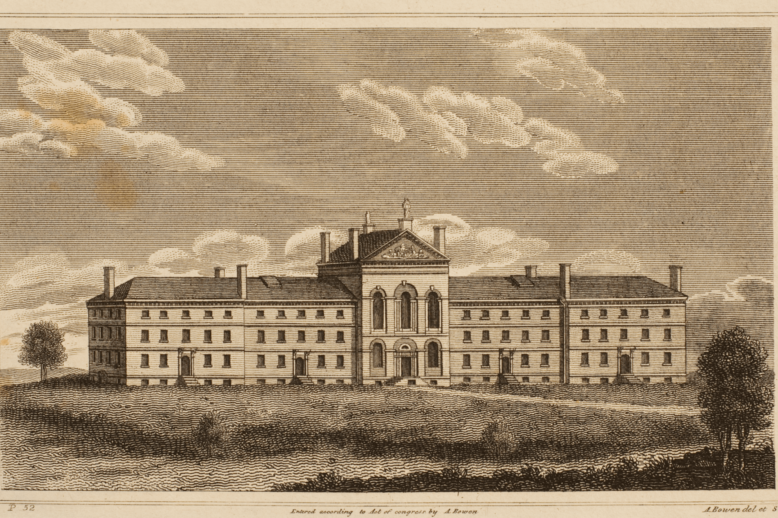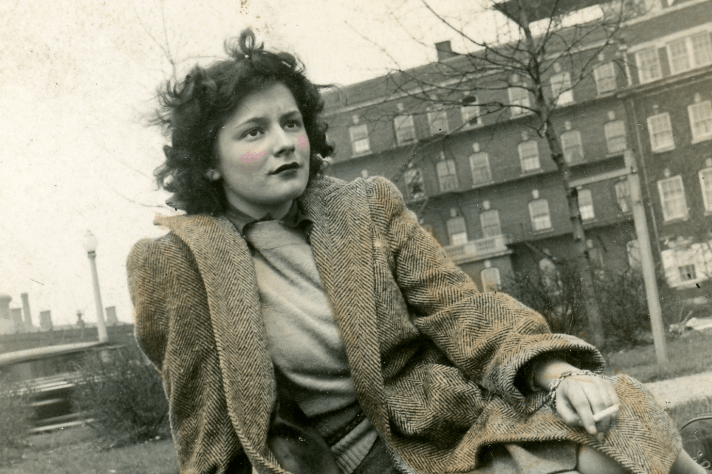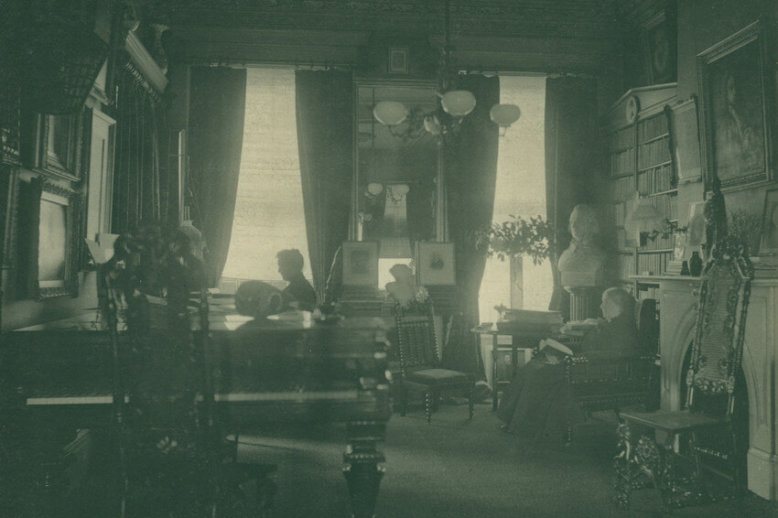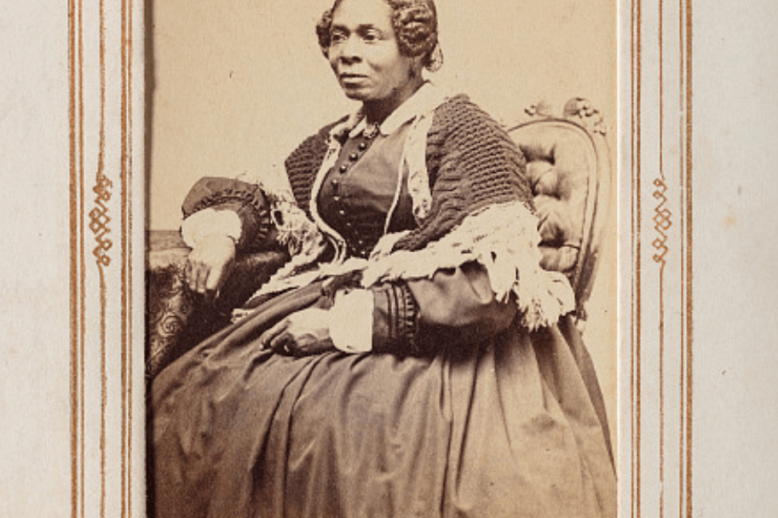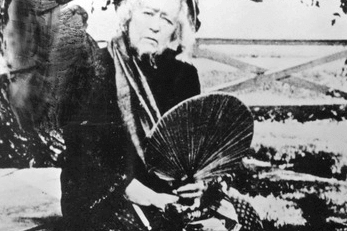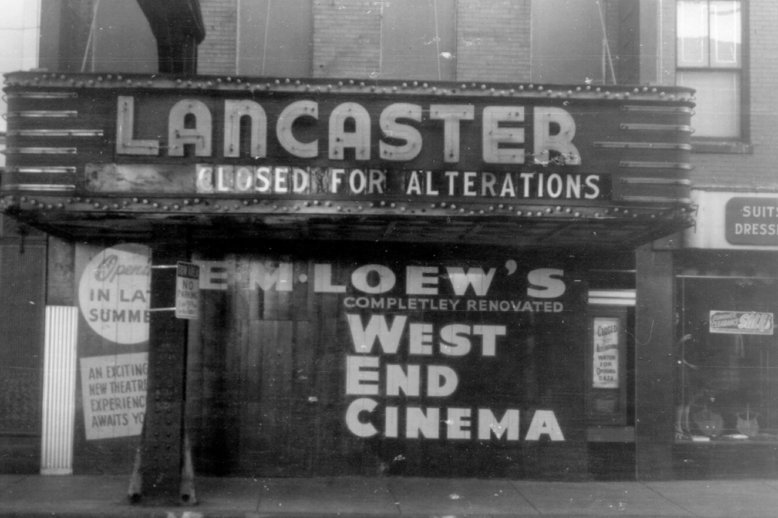Helen Osborne & James Jackson Storrow: West End Benefactors
Helen Osborne Storrow (1864-1944) and James Jackson Storrow (1864-1926) were influential Bostonian philanthropists. Much of their work had a lasting impact on the West End, especially through their support of the West End House, Charles River Basin development, and Saturday Evening Girls’ club.


